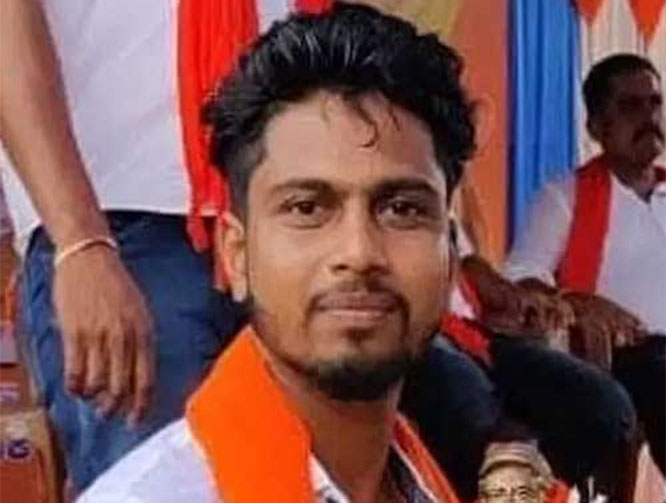Dubai, June 28: More than 2,000 expatriates from different countries living in Dubai embraced Islam this year, the Mohammad bin Rashid Centre for Islamic Culture has announced.
According to official statistics revealed by the centre, as many as 2,027 residents took their shahada (Islamic oath of declaration) at the Centre from January to June of 2021.
The centre that comes under the aegis of the Islamic Affairs and Charitable Activities Department in Dubai (IACAD) introduces new Muslims to the tolerant principles of Islam and provides social, educational and religious support.
The Center is keen to spread Islamic culture and its tolerant teachings by guiding new Muslims by teaching them, as well as spreading Islamic principles to followers of other religions who wish to know the true Islamic religion.
“The centre is constantly working to spread the values and principles of Islam to raise the level of public awareness among the communities residing in Dubai by using all technical means and human resources to reach various groups,” Hind Muhammad Lootah, Director of the centre said.
Lootah stressed that the centre introduces new Muslims to the tolerant principles of Islam and provides social, educational and religious support.
Hana Al Jallaf, Head of the New Muslims Welfare section, affirmed that based on the center’s civilised discourse that promotes tolerance values, acquainting residents with the Emirati and moderate Islamic culture, resulted in 2027 Dubai residents converting to Islam.
Al Jallaf explained that if anyone wants to know more about Islam or declare their shahada, then the centre provides various means, including IACAD’s call center 800600, the smart services portal www.iacad.gov.ae, IACAD’s application.
“One can also visit the centre for this purpose and make use of the in smart screens that can help them take shahada or obtain more knowledge about Islam,” he said.
People can also use online apps such as Microsoft teams and Zoom for the same, he added.







Comments
Add new comment